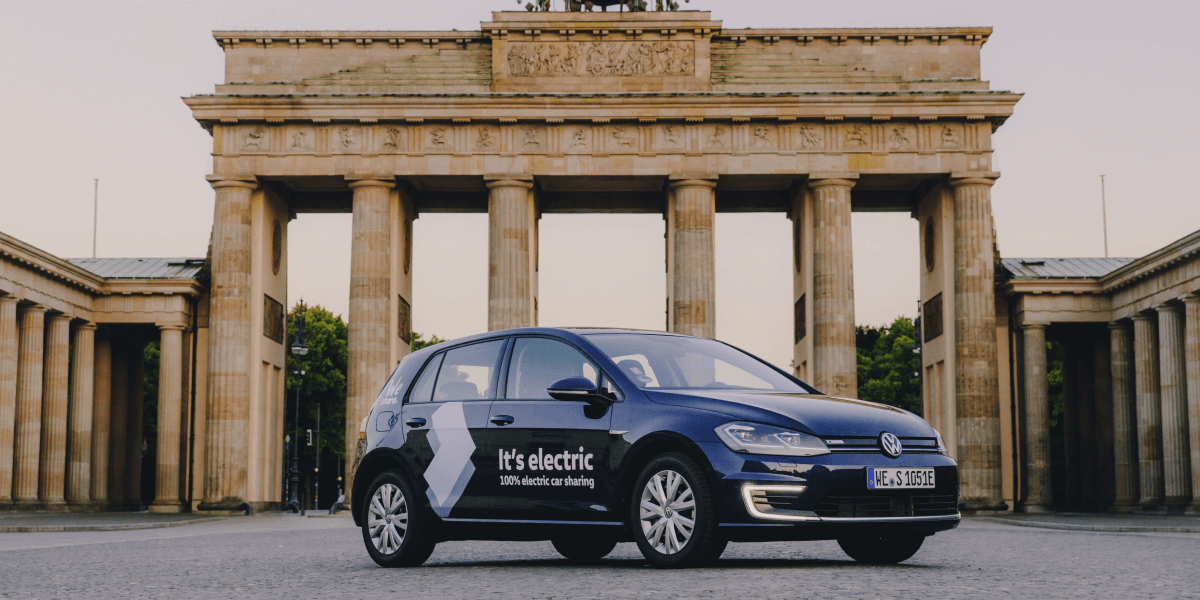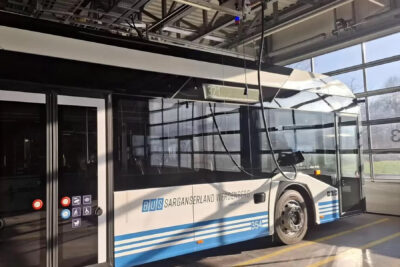Germany to excempt electric cars from vehicle tax until 2035
German Finance Minister Klingbeil’s statement is clear: “In order to get many more electric cars on the road in the coming years, we need to provide the right incentives now. That is why we will continue to exempt electric cars from vehicle tax,” the SPD politician told the German press agency DPA.
According to the report, the tax exemption for electric cars is to be limited until the end of 2035 in order to “provide an incentive for the early purchase of a purely electric vehicle,” as the Ministry of Finance stated. Tax revenue losses of ‘several hundred million euros’ are expected.
According to the current version of the Motor Vehicle Tax Act, the exemption for newly registered pure electric cars would no longer apply from 1 January 2026, so some urgency is required. With the new version announced by Klingbeil, the regulation is to apply to vehicles that are registered for the first time by 31 December 2030.
The extension of the motor vehicle tax exemption for electric cars is one of the points that the federally governing political parties CDU, CSU and SPD had already agreed upon in their coalition agreement as a measure to strengthen the automotive industry. It was to be implemented as the third measure after the increase in the gross price limit for tax incentives for electric vehicles to €100,000 and the special depreciation allowance for electric vehicles, both of which had already been agreed as part of the so-called ‘investment booster’. In the summer, however, there were reports that the project was on the brink of collapse due to the federal government’s tense financial situation. At the time, the Ministry of Finance said that this measure, like all others in the coalition agreement, was “subject to financing.”
The announcement that the measure is now to be implemented after all coincides with another car summit at the Chancellery. According to Klingbeil, these and other measures are to be discussed on Thursday at an ‘automotive dialogue’. Chancellor Friedrich Merz (CDU) has invited representatives from several federal ministries, the federal states, the automotive industry and trade unions to the meeting. Global issues such as sales trends in China and the tariff conflict with the US will also be discussed there, as well as national measures. “We must now put together a strong package to lead the German automotive industry into the future and secure jobs. We want the best cars to continue to be built in Germany,” said Klingbeil. “Everyone knows that the future is electric.”
According to the DPA, the car summit could also discuss the ‘programme for low and middle-income households’ agreed by the CDU/CSU and SPD in their coalition agreement. The ‘social leasing programme’ in France is seen as a model for this. However, since its announcement in the coalition agreement, there has been very little news about this project.
handelsblatt.com (in German)
This article was first published by Sebastian Schaal for electrive’s German edition





1 Comment